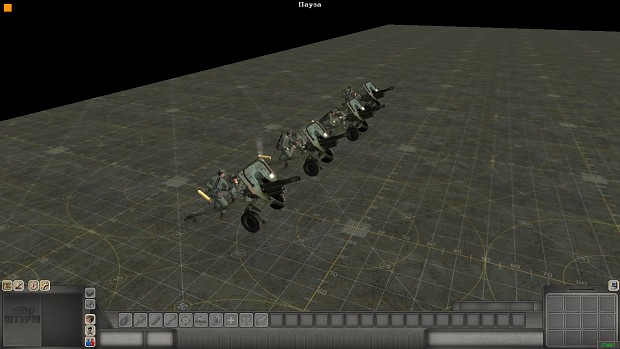
After all, as the physicist Niels Bohr wryly noted, “Prediction is difficult, especially about the future.” Join us on September 14 for our next virtual event, Forsaken Futures, to hear leading global experts discuss how to leverage public policy, finance, and technology to mitigate the dangers of a hotter world.Ĭlearly, the poet and philosopher Paul Valéry was right: “The future, like everything else, is no longer what it used to be.” But we should not make fun of Marx’s well-known prediction error. With all previous social classes transformed into the working class, and all means of production in the hands of an ever-dwindling group of owners of “capital,” a proletarian revolution would lead humanity to a world of perfect justice: “From each according to his ability, to each according to his needs,” as Marx famously put it. Nonetheless, they would be more fortunate than the “reserve army of the unemployed” – a pool of idle labor large enough to make others fear losing their job, but small enough not to waste the surplus value that could be extracted by making them work. All these petty bourgeois activities would be plowed over by the equivalent of today’s Zara, Toyota, Airbus, or Walmart.Īs a result, the means of production would no longer be owned by those doing the work, as on the family farm or in the craftsman’s workshop, but by “capital.” Workers would possess only their own labor, which they would be forced to exchange for a miserable wage.

Gone would be the family farms, artisan yards, and the “nation of shopkeepers,” as Napoleon is alleged to have scornfully referred to Britain.

To see this, it is useful to recall how Karl Marx imagined the future.įor Marx, the historic role of capitalism was to reorganize production.


The answer in Latin America, Africa, the Middle East, and Asia is obviously the latter. But are the problems that upset Francis the consequence of what he called “unbridled capitalism”? Or are they instead caused by capitalism’s surprising failure to do what was expected of it? Should an agenda to advance social justice be based on bridling capitalism or on eliminating the barriers that thwart its expansion?


 0 kommentar(er)
0 kommentar(er)
